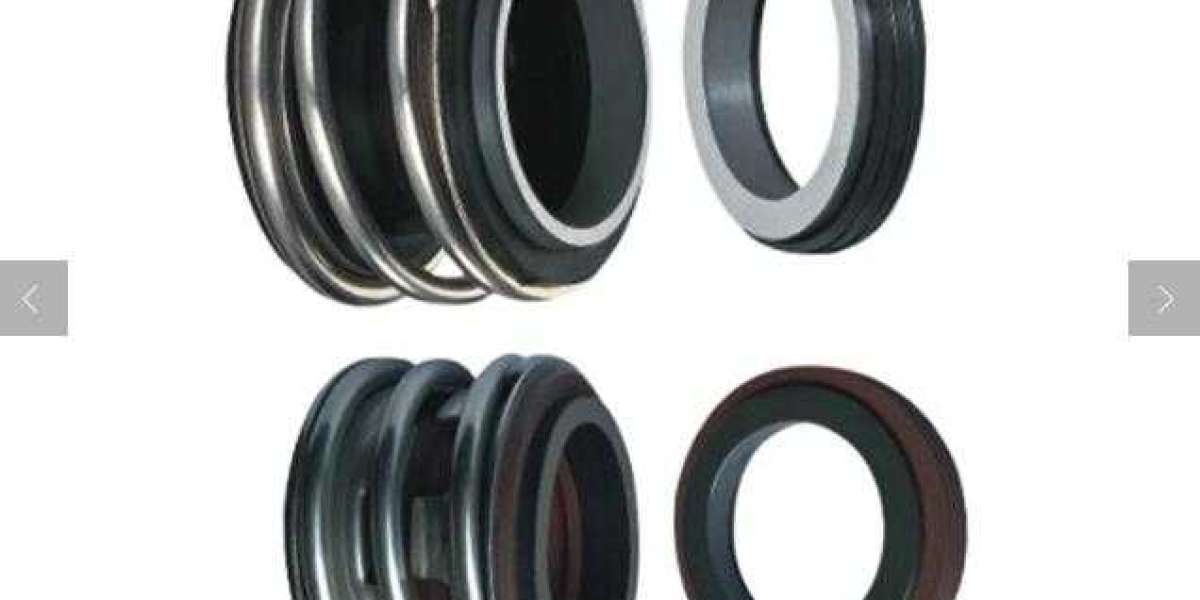Different mechanical seal designs are used in industry, each with its advantages and limitations. This article compares elastomer bellow seals with other common types, highlighting their unique features.

Unlike pusher seals, Elastomer Bellow Mechanical Seal do not rely on O-rings or secondary seals, simplifying their structure and reducing the risk of leakage. This design also allows them to handle slight misalignments, making them more forgiving in less-than-ideal conditions.
Compared to metal bellows seals, elastomer bellow seals are more cost-effective and easier to install. However, they are generally less suitable for high-temperature or high-pressure applications. Metal bellows seals excel in such environments but come with a higher price point.
Cartridge seals, another common type, offer ease of installation and reduced assembly errors. However, they are bulkier and may not fit in systems with space constraints. Elastomer bellow seals, with their compact design, are an excellent choice for tight spaces.
Understanding these differences helps industries select the appropriate seal type based on their specific needs, ensuring reliable and efficient operations.
Operating conditions:
Temperature: -40℃-125℃
Pressure: ≤1.2MPa
Speeds: ≤13m/sec
Applications: Used in different pumps, mixers and other rotating equipments which apply to oil, water and other weak corrosive solutions.
Materials:
Rotary ring (Carbon/ SiC/ TC)
Stationary ring (Ceramic/ SiC/ TC)
Secondary seal (NBR/ EPDM/ VITON)
Spring Other parts (SUS304/ SUS316)
Materials should be selected according to operation condition








